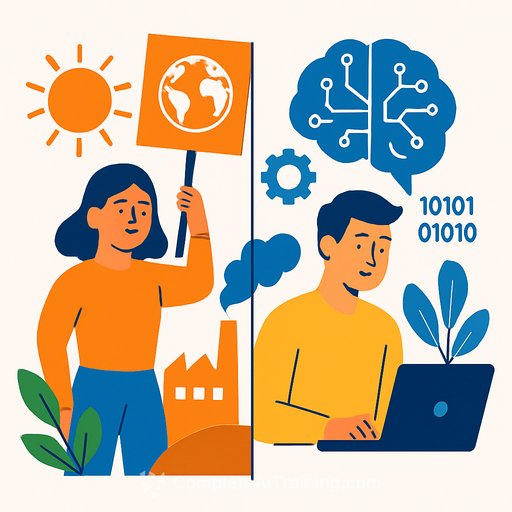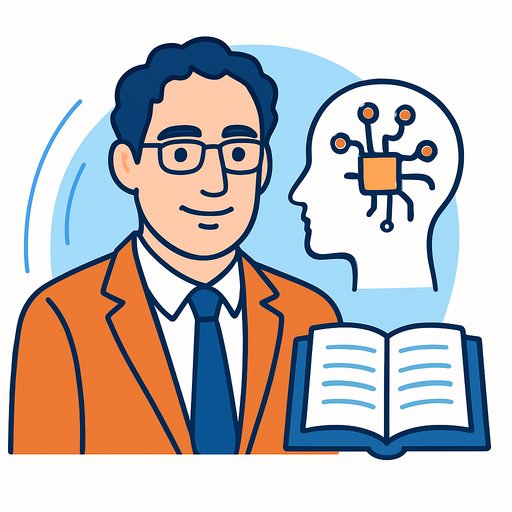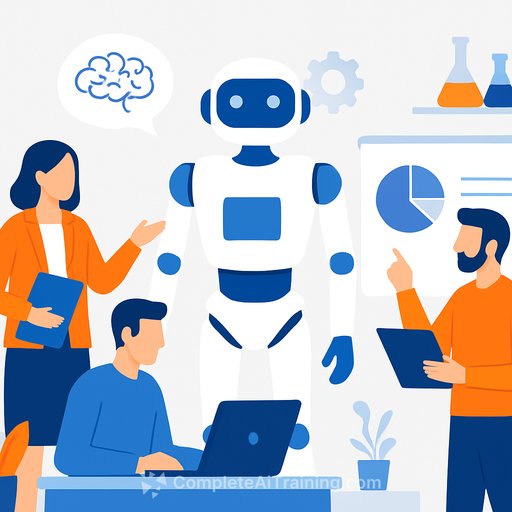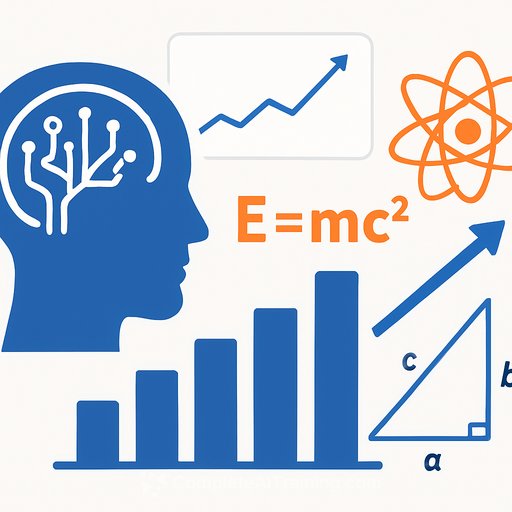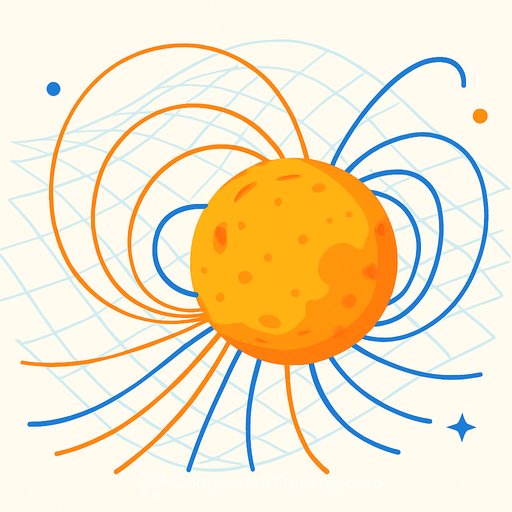Q&A: What AI Developers Can Learn from Climate Activists
AI developers working on climate-related systems and climate activists often have different goals. Researchers at the University of Washington interviewed nine AI developers focused on sustainability and 10 climate advocates to compare their perspectives. Understanding these differences can help AI projects better align with frontline climate efforts.
Fresh Bucks Program Boosts Fruit and Vegetable Intake and Food Security
Households participating in Seattle’s Fresh Bucks program experience a 31% higher food security rate. They also consume at least three daily servings of fruits and vegetables 37% more often than those on the waitlist. This $40 monthly benefit helps residents access fresh produce through local partnerships.
Fiber-Optic Sensing Reveals Impact of Falling Ice on Greenland Glaciers
A University of Washington-led team used fiber-optic cables to monitor calving dynamics at a South Greenland glacier. This method captures critical data on ice loss processes without physical proximity, shedding light on glacial retreat and its broader effects on ocean currents and ecosystems.
Moving to Walkable Cities Increases Daily Walking
Research tracking 5,424 people across 1,609 U.S. cities shows that relocating to more walkable areas increases daily steps by about 1,100 when Walk Scores changed by over 48 points. This provides strong evidence that urban design directly influences physical activity.
Testing Disinfectants Against Antibiotic Resistance at Genetic Level
Antimicrobial resistance poses a serious threat in healthcare settings. UW researchers investigated how common disinfectants affect antibiotic-resistant bacteria at the genetic level, offering new insights into infection control and the fight against drug-resistant microbes.
New Fossil Discoveries Illuminate Pre-Mass Extinction Era in Africa
An international team led by UW and the Field Museum identified species thriving on southern Pangea before the Great Dying extinction event. These findings improve understanding of biodiversity shifts before one of Earth's largest mass extinctions.
Biased AI Chatbots Influence Political Views with Few Messages
UW studies show that AI chatbots with built-in political biases can sway users' opinions rapidly. Democrats and Republicans interacting with ideologically biased versions of ChatGPT were more likely to shift their views compared to those using the neutral model.
USDA Halts UW Seaweed-to-Soil Amendment Project
A UW-led initiative exploring seaweed as a soil amendment to help shellfish farmers has been paused by USDA funding freezes. The project aimed to create a market connecting sea and land farmers but now faces delays.
Integrating Human and Animal Healthcare Benefits Homeless Youth
The One Health Clinic combines primary care for homeless youth and their pets, addressing shared health challenges such as zoonotic diseases and environmental risks. Veterinary students and UW volunteers assist clients in documenting pets as emotional support animals, improving access to housing and services.
Scientists Identify Bacterium Behind Sea Star Wasting Disease
After years of investigation, an international research team including UW scientists pinpointed Vibrio pectenicida as the cause of sea star wasting disease, a significant threat to marine ecosystems.
Seismologists Use Fiber Optic Cables to Monitor Offshore Faults
UW researchers demonstrated the use of fiber optic cables for seismic monitoring on the ocean floor without disrupting telecommunications. Initial tests in Alaska and Oregon show promise for this non-intrusive method.
Seaweed-Infused Cement Cuts Concrete’s Carbon Footprint
A collaboration between UW and Microsoft yielded a low-carbon concrete by adding dried seaweed powder to cement. This innovation reduces the material’s global warming potential by 21% while maintaining structural strength.
AI Puzzlers Game Highlights Limits of AI Reasoning for Kids
UW developed AI Puzzlers, a game where children solve colored block puzzles and compare their results with AI chatbots. The game exposes AI’s shortcomings in reasoning tasks, offering an educational tool for understanding AI capabilities.
Water Rights Transactions Could Help Conserve Colorado River Resources
Research suggests that market-based water rights management in the Colorado River basin can improve supply reliability for users and support fish habitat restoration, given the right investment and market design.
Millions of New Solar System Objects Expected from Upcoming Facility
A global team including UW astronomers predicts millions of new solar system objects will be discovered with a new observatory launching later this year, providing detailed "technicolor" data on our cosmic neighborhood.
Muon g-2 Experiment Achieves Most Precise Measurement Yet
The Muon g-2 collaboration released their final measurement of the muon’s magnetic anomaly with unprecedented precision—127 parts per billion—surpassing their original target and confirming earlier results.
Industrial Iron Emissions Alter North Pacific Ecosystem
Research shows that iron from coal and steel industries is changing the North Pacific Transition Zone ecosystem, a critical area for fisheries just north of Hawai’i.
Atlantic Ocean Current May Weaken Less Than Expected with Climate Change
New findings indicate the Atlantic Meridional Overturning Circulation (AMOC) will likely weaken less severely than many climate models predict. This ocean current is vital for global heat transport and climate regulation.
Lessons from University Policies on Same-Sex Domestic Partner Benefits
A study of public universities’ adoption of same-sex domestic partner benefits in the 1990s and 2000s reveals strategies for managing politically sensitive issues while maintaining institutional values.
Tech Industry Layoffs and Worker Ambivalence
In 2023, UW researchers interviewed 29 laid-off tech workers, who expressed mixed feelings about their industry. Many found the work unfulfilling but planned to remain in tech.
Designing Cancer Therapeutics That Also Restore Healthy Tissue
Two UW researchers are developing novel cancer treatments that not only target tumors but also promote tissue health, aiming to improve patient outcomes and quality of life.
Migration and Housing Quality Are Earthquake Death Risk Factors
Research highlights that migrants from rural areas often settle in low-quality housing on city outskirts, increasing earthquake mortality risk, especially for low-income and tribal communities.
CO2 Rise Rate Impacts Global Ocean Currents
The speed at which atmospheric CO2 increases affects how both living and non-living systems adjust. Slower rises allow ecosystems and people more time to adapt, influencing ocean circulation patterns.
AI Models Show Strong Negative Associations with Teenagers
UW studies found that English-language AI systems associate teens with societal problems about 30% of the time, while Nepali-language systems show fewer negative associations, closer to 10%.
Hubble Survey Maps Hundreds of Millions of Stars in Andromeda Galaxy
The most detailed mosaic of the Andromeda galaxy reveals new insights into its history. UW astronomers presented these findings at the American Astronomical Society meeting.
Smart Ring Enables Point-and-Click Control of Home Devices
UW researchers created IRIS, a Bluetooth-enabled smart ring with a tiny camera. It allows users to control smart home devices by pointing and clicking or rotating the ring for functions like volume adjustment.
Adding Context to Chemical Engineering Education
UW assistant teaching professor Alex Prybutok incorporates anti-racism and diversity principles into chemical engineering courses, bringing important social context to science education.
Your membership also unlocks:

